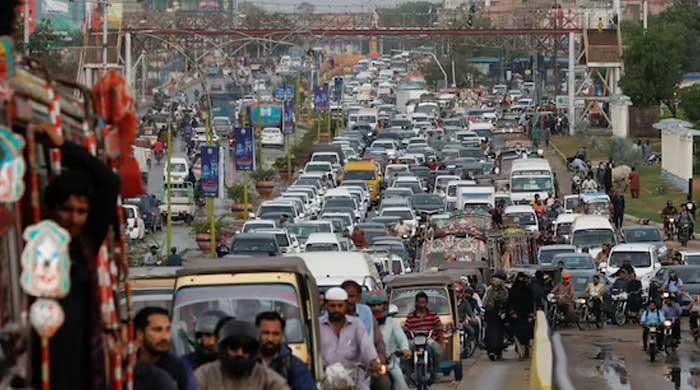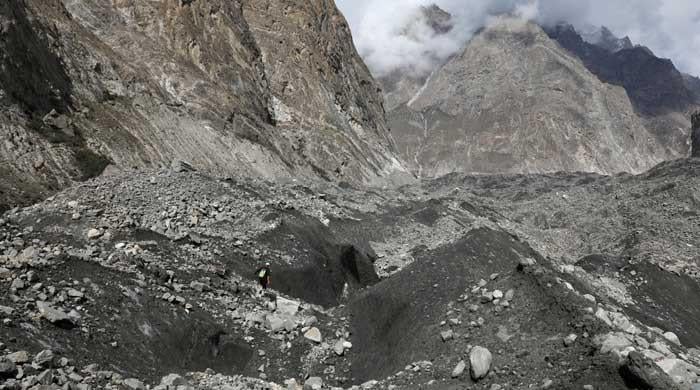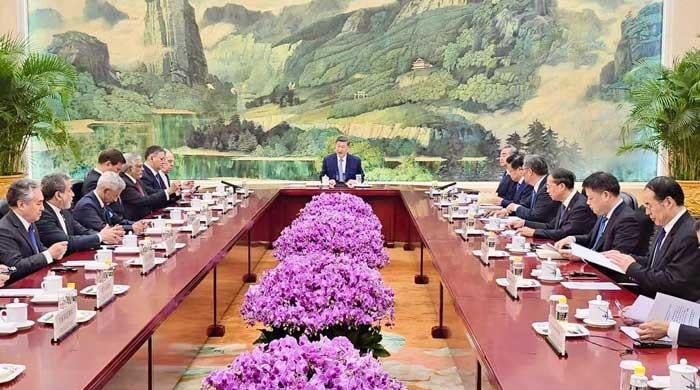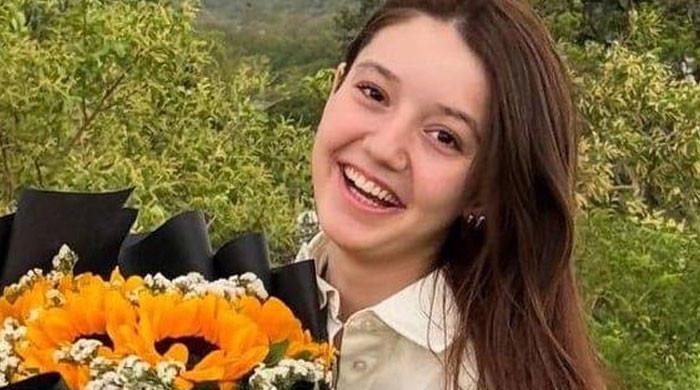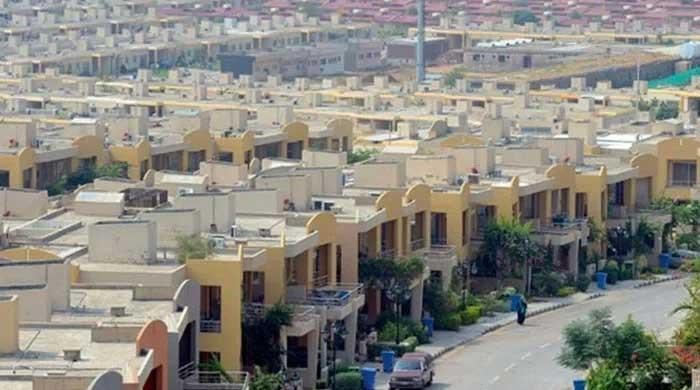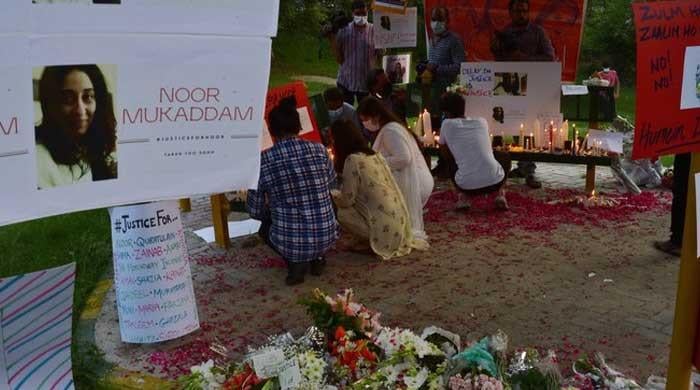The power of love and a Southasian resolution on the Ukraine crisis
The Sapan declaration expresses solidarity with the people of Ukraine
March 10, 2022
“It is the power of love that’s most important, not the love of power”, said Dhaka-based feminist Khushi Kabir, quoting her late friend, iconic Southasian feminist Kamala Bhasin.
It is urgent that we counter the politics of hatred and religion-based violence in Southasia with the shared love for music across the region, she said.
Khushi Kabir was speaking at an event she hosted last weekend, organised by Southasia Peace Action Network (Sapan), titled ‘Mystics and Music: Southasia’s Legacy of Love’. She is among the founder members of this coalition of individuals and organisations working for peace and social justice in the region, and for a visa-free Southasia.
This was the eleventh monthly discussion held as part of the Sapan series ‘Imagine! Neighbours in Peace’ organised by a band of volunteers including the writers.
Dozens participating online from across the region and overseas unanimously endorsed the Sapan resolution on Ukraine presented at the end by another Sapan founder member, Lalita Ramdas, a peace activist based in Alibag village, south of Mumbai.
“The situation is doubtless complex,” said Ramdas. “But it is important to remember that, as always, it is the innocent who are caught in a crisis not of their making”.
Her husband, former Indian navy chief Admiral L. ‘Ramu’ Ramdas is also a Sapan founder member.
The Sapan declaration expresses solidarity with the people of Ukraine and calls for Southasian governments to urgently collaborate to facilitate the evacuation of international students and workers from the region.
The event began with tributes to host to the stalwarts to Southasian regionalism, including human rights lawyer Asma Jahangir who passed away four years ago in February.
The renowned oncologist and author Azra Raza based at Columbia University, New York, read out the Sapan founding charter and quoted stanzas from poets Ahmed Faraz and Ali Sardar Jafri to affirm the ideas of peace and friendship.
Dr Raza also commented on Russia’s invasion of Ukraine and underscored the need to “not only stand up to this mindless slaughter but also look into our own backyards”. This is why, she said, she stands with Sapan “now more than ever”.
Journalist Kanak Mani Dixit in Kathmandu moderated the main event, a panel discussion showcasing musicians Parvathy Baul from Kerala /Bengal, Vidya Shah in Delhi, Saif Samejo from Sindh who was in Colombo, and Ani Choying Drolma, a Nepali Buddhist nun of Tibetan origin who joined from Mumbai after a performance.
The discussion highlighted personal connections with people and places across Southasia. Since 2016, Saif Samejo and his team have organised the Lahooti Melo in Sindh — Lahooti means traveller, a seeker with no destination. The international Sufi, rock and folk festival brings together musicians from around the region and the world. At the event, Samejo spoke about his deep connection with Nepali music and culture.
Recalling his experience listening to Pathanay Khan in Multan a couple of decades ago, Dixit said he felt closest to Sufi music then despite the language barrier. Following up on Samejo’s presentation, Dixit’s proposal for a Southasian music festival to be held in Kathmandu received an enthusiastic response.
Parvathy Baul extended ‘bosonter shubhechchha’ (spring greetings) to those gathered for the online event and talked about the role of the Baul tradition in teaching people about love, bhakti (devotion), surrender, and living in harmony. The event also coincided with the tirodhan dibos anniversary of Parvathay’s guru, Sanatan Das Baul who passed away on 28 February 2016.
Strumming her ektara one-stringed instrument, Parvathy presented a musical rendition of a poem by Khuda Baksh Shah, the well-known exponent of the great Sufi poet of Bengal, Lalon Shah Fakir. Laden with metaphorical references, the lyric goes: “You are the symbol of the human body. You sound the beautiful music. Let there be ektara in everyone’s heart.”
Delhi-based Hindustani classical music exponent Vidya Shah introduced her project ‘Women on Record’ celebrating women singers from the gramophone era. She said music should not be relegated to a sideshow in efforts for peace in Southasia, for it had a central role to play in bringing people together. Music is “a thread that weaves countries and communities through lyric, through voices,” she said.
Accompanied by a tanpura, Shah sang a folk song ‘Rang Rang De Chunari’ celebrating the idea of sharing through rang (colour) and chunari (a cloth piece/covering).
Participants also watched part of Shabnam Virmani’s recently released documentary ‘Don’t fall in love with those who wander in boats’. The Bangalore-based musician and filmmaker, known for her work known as the Kabir Project, introduces the audience to the mysticism of 18th century Sindhi Sufi poet Shah Abdul Latif Bhitai.
As the film suggests, Southasia’s mystical traditions – whether Sufis or Bauls or poets of the Nirguna Bhakti movement – connect people and places across the region. Those interested in Sufism are often directed towards the ‘Kashful Mahjuub’ (revelation/unveiling of the veiled), a treatise on tasawwuf (Sufism) by Daata Ganj Bakhsh, the revered 11th century Sufi poet born in present-day Afghanistan. All year round, thousands visit his final resting place in Lahore, also known as ‘Daata ki Nagri’ or Daata’s city.
The mystical traditions transcend apparently rigid religious boundaries. The verses and thoughts of Sufi poets like Kabir resonate in different forms of devotional singing and folk music, from Haryanvi folk music (‘ragni’), bhajans, to Sufi qawwalis (devotional music). Baba Farid’s verses find place in the Guru Granth Sahib, the holy book of Sikhs. Bauls, the mystic minstrels of Bengal, are also influenced by Buddhism, Hinduism, and Islam.
February marked the 300th birth anniversary of another revered Sufi poet Waris Shah of Punjab, noted the host Khushi Kabir. Waris Shah’s long poem Heer Ranjha is itself an iconic tribute to the power of love.
In his conversation with Ani Chyoing Drolma, Dixit said music would help Southasia attain the status of a ‘beyul’, a refuge of peace and serenity in the Himalayan Buddhist tradition. Ani Choying chanted the Buddhism hymn ‘Om Padme Hum’ (The jewel is in the lotus, referring to the Shakyamuni), then sang the popular Nepali song ‘Phool Ko Aankha Ma’ (In the eyes of a flower) by famous Nepali-Newari poet Durga Lal Shrestha, composed by award-winning music composer Nhyoo Bajracharya.
Physician and activist Dr Fauzia Deeba from Quetta, based in the USA, and researcher Pragya Narang from Jamshedpur, India, presented the ‘In Memoriam’ slideshow, paying tribute to some of Southasia’s late peace visionaries and commemorating lives lost over the month.
Among the most prominent recent transitions was that of singer Lata Mangeshkar. Sohana Ahmed, a musician and teacher in Dhaka with a PhD in Hindustani classical music from Delhi University, paid homage to the late diva with a Bangla song originally sung by Mangeshkar.
Participants attending the online event on Zoom and on Facebook included prominent activists across the region, like educationist Baela Raza Jamil and activist Khawar Rani Mumtaz in Lahore, dancer and actor Sheema Kermani in Karachi and historian/filmmaker Uma Chakravarti in Delhi.
In her closing remarks Lalita Ramdas reiterated Sapan’s vision of a Southasia where people would be free to meet across borders. “The personal is the political,” she emphasised, sharing her own family’s story - daughter married to a Pakistani who hasn’t been able to visit India for the last five years due to visa.
Many joined Ramdas when she started singing ‘Hum honge kamyab’ (the Hindustani version of ‘We shall overcome’) as the session ended.
Priyanka Singh is a data analytics consultant and researcher in New Delhi. Beena Sarwar is a journalist and editor from Pakistan. Both are Sapan founder-members.
This is a syndicated feature produced by Sapan News Service.
Email: [email protected]





